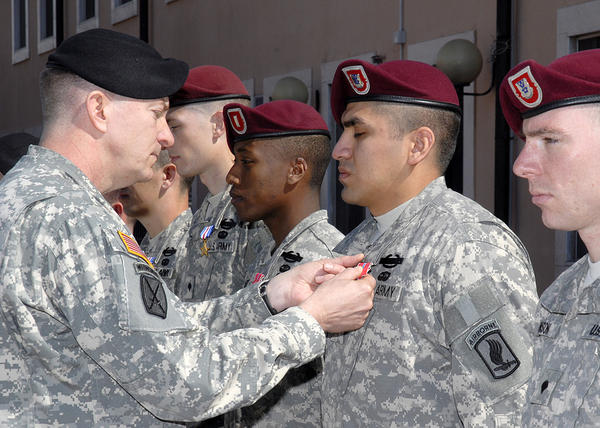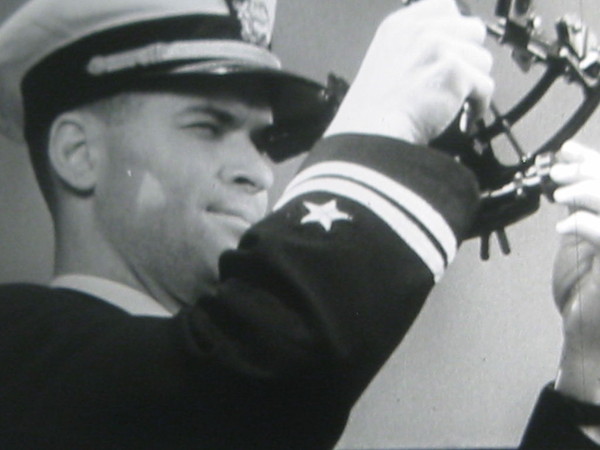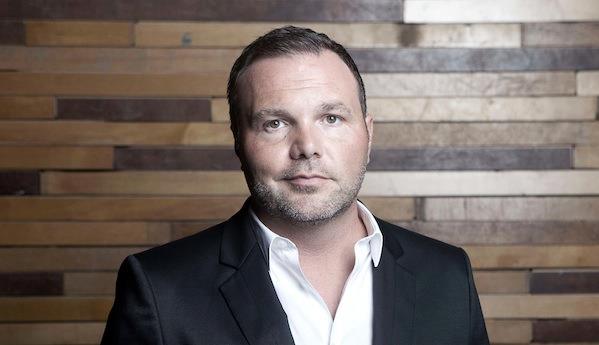Is it still cheating even when you think you are helping others?
We have all seen situations where we wonder why certain decisions have been made, and, sometimes the decision seems to conflict with our personal standards of ethics. In fact, the importance of personal and professional ethics has become so important that many colleges make ethics a required course. Think about Enron, Parmalat, Martha Stewart, Bernie Madoff and the Wall Street debacle caused by phony baloney home loans, and you will see what I mean.
This Mentoring Moment (MM) is about intellectual honesty and ethics, and in particular the rationalization of questionable decisions that are made on the basis that the decision maker is not just furthering his or her personal interests but also the interests of others – making it is OK to cheat and be unethical. This is a particularly dangerous type of situational ethics leading to intellectual dishonesty. Hopefully, you chuckled a bit and agree with me that Wally in not on the right track.
Research has identified a number of axioms in the area. Here are just a few:
- Ethical dilemmas occur regularly and often involve resolution of differing interests (or conflicting positions): by behaving ethically, people are able to maintain their positive self-image and personal ethos; by behaving unethically, they can advance their self-interest
- People often resolve this conflict through “creative” reassessments and self-serving rationalizations, such that they can act dishonestly enough to profit from their unethicality, but honestly enough to maintain a positive self-image
- When individuals have the opportunity to cheat in situations where the probability of being caught and reputational costs are minimized, most people cheat
- People are more likely to engage in unethical behavior if they split the spoils of such behavior with another person than when they are the only ones benefiting from it because they find it easier to discount the moral concerns associated with unethical behavior that benefits another person than to discount behavior that only benefits oneself
At this point, let me offer an example.
Click here to read the rest of the article »










